Keywords: Marriage Equality
There are more than 24 results, only the first 24 are displayed here.
Become a subscriber for more search results.
-
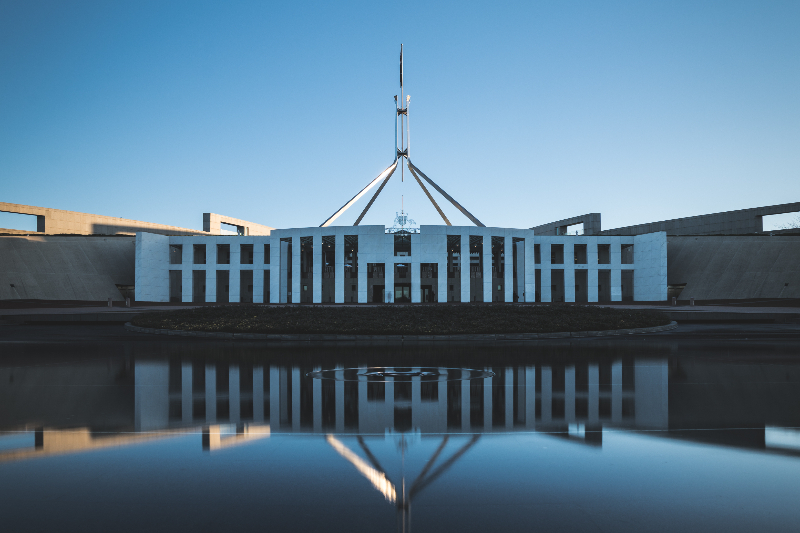
AUSTRALIA
- Frank Brennan
- 12 January 2023
In recent days, if you were to listen to the media reports, you could be forgiven for thinking that religious educators want to retain a right to exclude children or teachers from their schools on the basis of their gender or sexual orientation. Nothing could be further from the truth. Or nothing should be further from the truth.
READ MORE
-
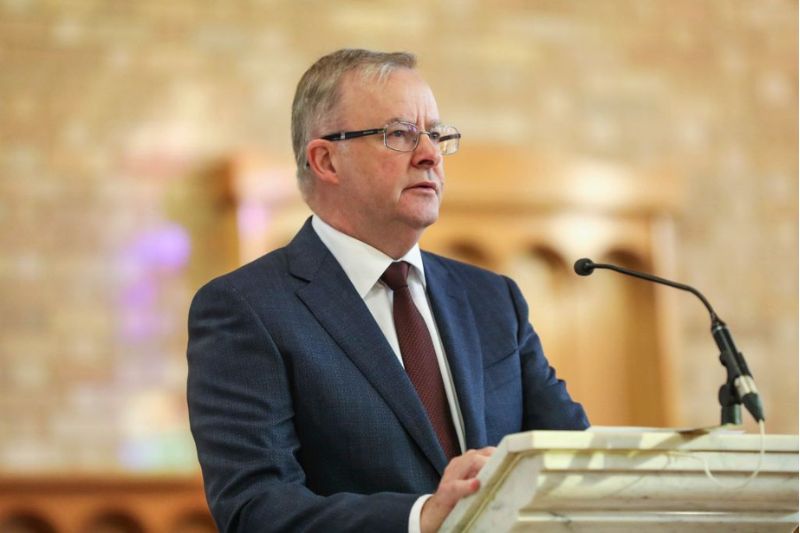
RELIGION
- John Warhurst
- 15 November 2022
16 Comments
Australia is awash with politicians who identify or are identified as Catholic. And Catholic media always take some interest in Catholic politicians whatever their political stripe. But what does this mean to have Catholic politicians from a theologically and ideologically diverse church?
READ MORE 
-
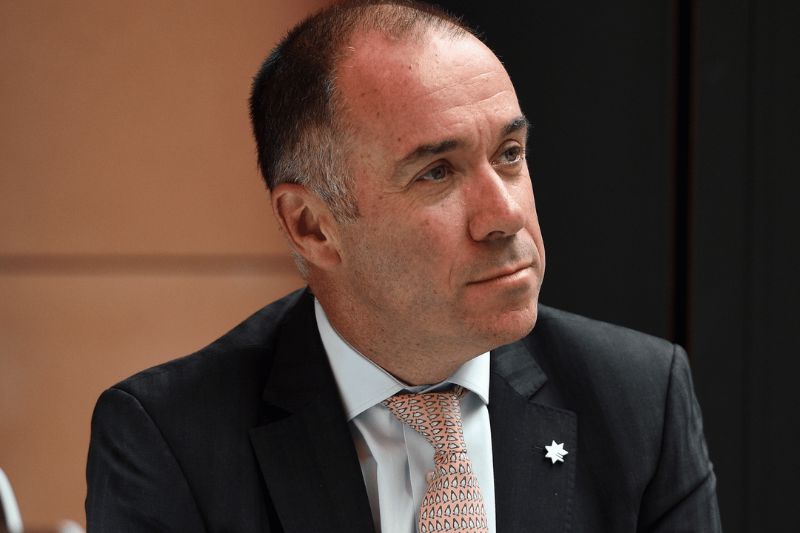
AUSTRALIA
- Chris Middleton
- 10 October 2022
18 Comments
It is highly doubtful that the Essendon Football Club appreciated the reaction that would occur when it presented its new CEO, Andrew Thorburn, with the option of giving up his role as a lay leader in the City on a Hill Anglican Church or resigning from his role with the Club. Even if many were uneasy about how the issue was caught up in the culture wars, it caused widespread concerns amongst people of faith.
READ MORE 
-
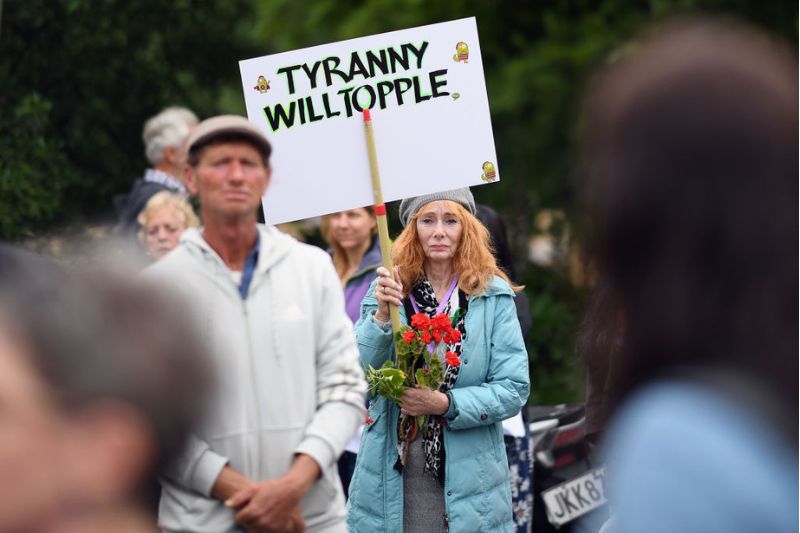
AUSTRALIA
- Andrew Hamilton
- 06 October 2022
1 Comment
Governments have, with little opposition, passed laws that privilege individual choice on issues related to abortion, contraception, gender equality and marriage. If we regard unrestrained individual choice as the fullest expression of human development, we shall necessarily relativise and erode social bonds.
READ MORE 
-

AUSTRALIA
- Frank Brennan
- 22 February 2022
42 Comments
In recent days, if you were to listen to the media reports, you could be forgiven for thinking that religious educators want to retain a right to exclude children or teachers from their schools on the basis of their gender or sexual orientation. Nothing could be further from the truth. Or nothing should be further from the truth.
READ MORE 
-

AUSTRALIA
- Frank Brennan
- 22 February 2022
1 Comment
In recent days, if you were to listen to the media reports, you could be forgiven for thinking that religious educators want to retain a right to exclude children or teachers from their schools on the basis of their gender or sexual orientation. Nothing could be further from the truth. Or nothing should be further from the truth.
READ MORE
-
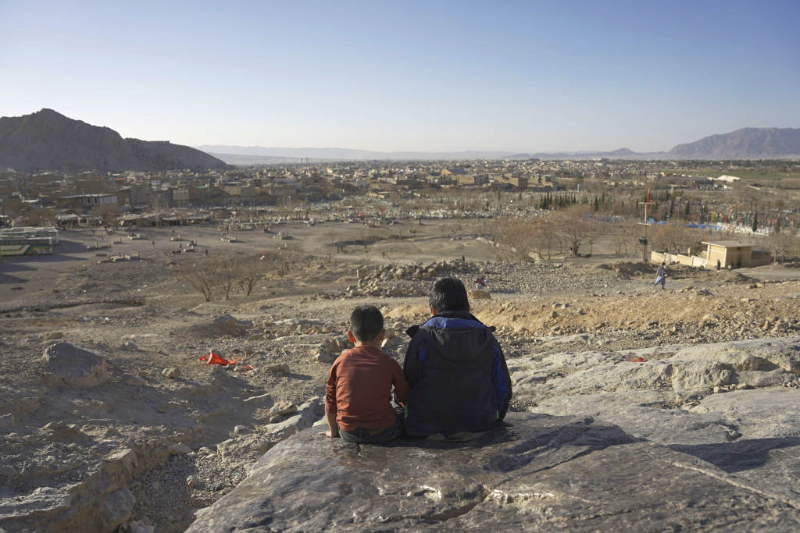
INTERNATIONAL
- Hava Rezaie, Hayat Akbari, Zaki Haidari
- 28 September 2021
6 Comments
It has now been over a month since the Taliban seized Kabul. As attention inevitably shifts elsewhere, the painful question arises: What's next? Is this another 'back to the future' moment? The signs are grim. Over the last two weeks, the Taliban have issued a number of edicts which demonstrate that their attitudes to women have not changed.
READ MORE 
-
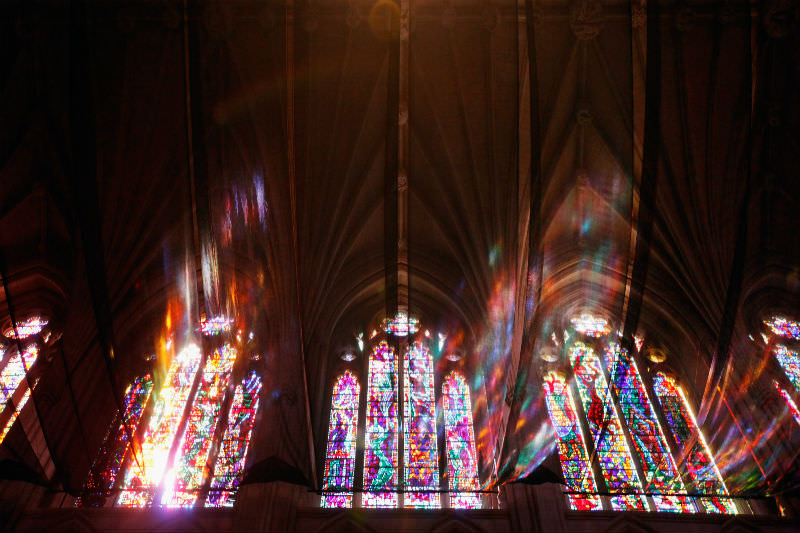
RELIGION
- Neve Mahoney
- 13 February 2020
14 Comments
I don’t need someone to tell me at work that because I’m queer I’m going to hell. Years of church and Catholic schooling and marriage equality debate have already made the coded language very clear when I’m not welcome.
READ MORE 
-
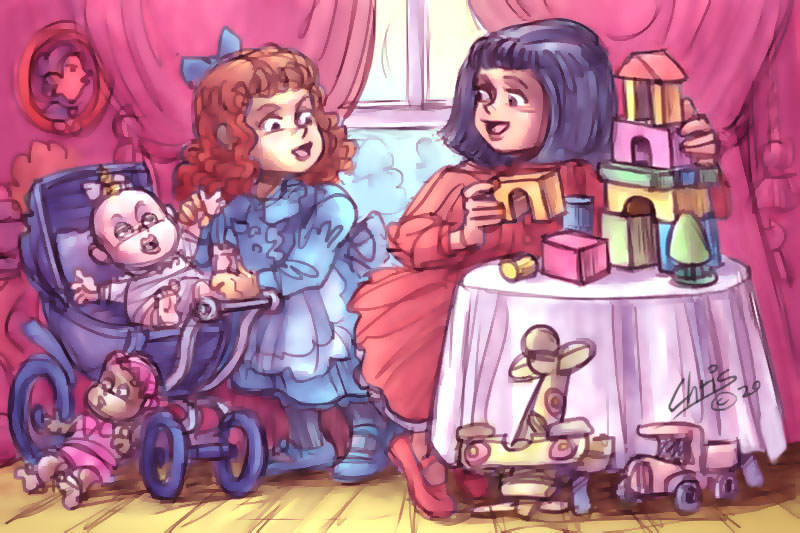
AUSTRALIA
- Vivienne Cowburn
- 31 January 2020
18 Comments
The modern 'old maid' is no longer confined to the attic. She's in the workforce, the senate, leading in the community. Yet while gender norms are being deconstructed and cultural ideas of femininity are evolving, the idea women exist only to procreate still persists. Women are not only supposed to have children, they're supposed to want to.
READ MORE 
-
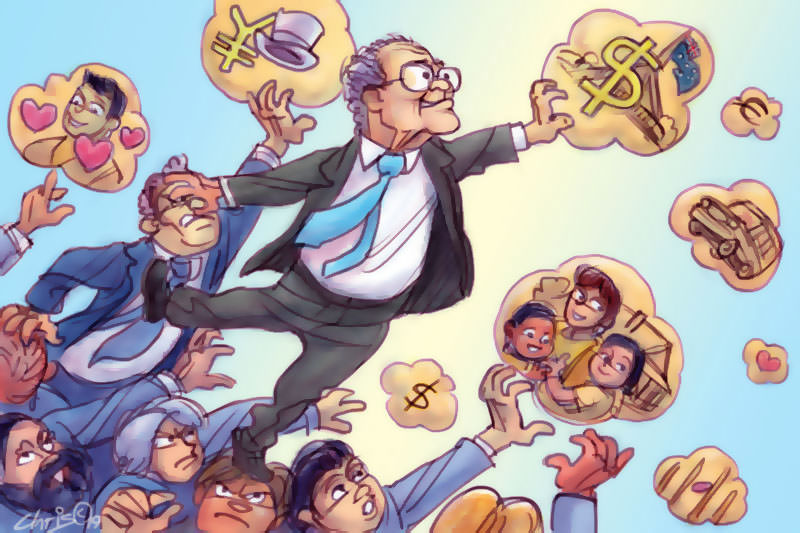
AUSTRALIA
- John Falzon
- 26 September 2019
13 Comments
We're taught to think that aspiration means what you do alone, what sets you apart. As such it is a concept that is both lauded and loaded. Aspiration, neoliberal style, is a secular version of the gospel of prosperity so loved by the prime minister. God, or the Market, smiles on those who aspire to greater things.
READ MORE 
-
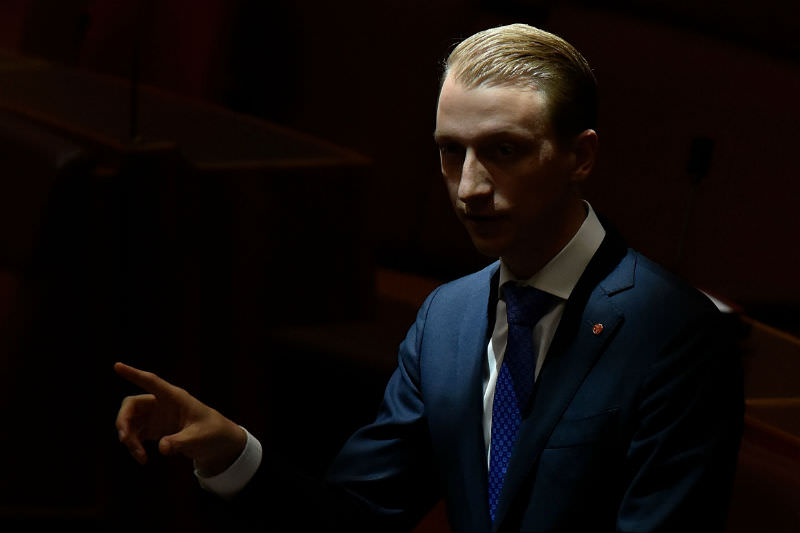
INTERNATIONAL
- Jeff Sparrow
- 17 July 2019
9 Comments
The conservative base wants religious protection for Christians, but has a long history of vilifying Muslims, who, presumably, could also claim protection from any new law. One struggles to imagine a law that might enable a footballer's right to send homophobic tweets, while enabling courts, parliaments and schools to ban burqas.
READ MORE 
-
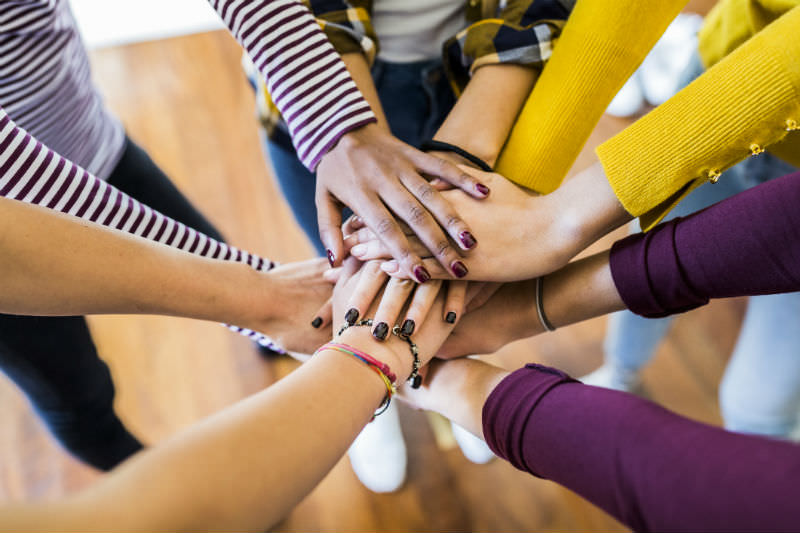
AUSTRALIA
- Neve Mahoney
- 08 March 2019
2 Comments
International Women's Day is as good a day as any to take stock of where we actually are in terms of current feminist issues and how much we still need to accomplish. As much as there is to celebrate, a glance at the news is a confirmation of our own worst fears about ourselves.
READ MORE 